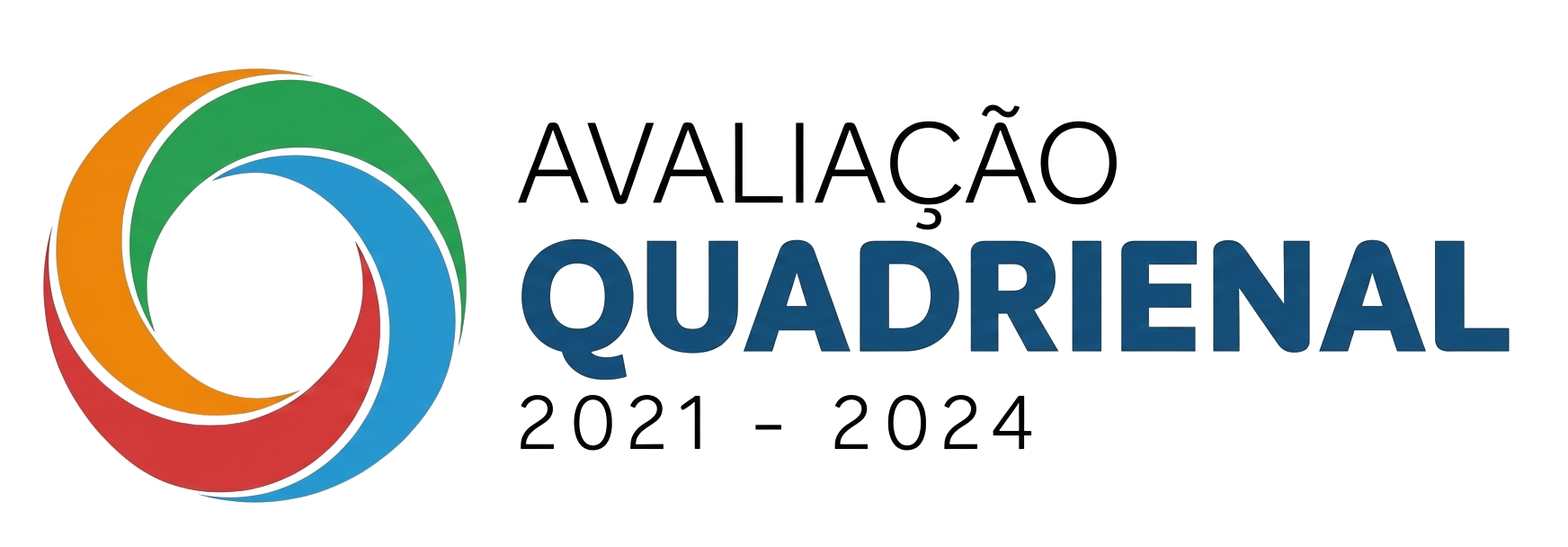A Construção do Princípio da Autodeterminação dos Povos pela Corte Internacional de Justiça
DOI:
https://doi.org/10.5281/zenodo.11002156Palabras clave:
Princípio, Autodeterminação dos povos, Corte Internacional de Justiça, Desenvolvimento progressivo do direito internacionalResumen
O princípio da autodeterminação dos povos é um dos interesses mais fundamentais da comunidade internacional. Apesar disso, ele ainda é motivo de grande controvérsia, haja vista a ausência de uma conceituação legal clara e de uma delimitação de seu escopo. Diante dessa indefinição, os pronunciamentos da Corte Internacional de Justiça, principal órgão judicial das Nações Unidas, sobre a autodeterminação são cruciais para a compreensão do princípio que é tão importante para o direito internacional. Com efeito, o princípio da autodeterminação dos povos vem sendo construído gradualmente na prática da Corte da Haia, seja quanto à sua aplicação especificamente no processo de descolonização da África e da Ásia ao longo do século XX, seja em contextos diferentes da luta contra a dominação colonial. Diante desse cenário, o presente artigo se propõe a estudar as decisões da Corte Internacional de Justiça a respeito da autodeterminação dos povos a fim de identificar a sua contribuição para o desenvolvimento desse princípio.
Descargas
Citas
COMISSÃO DE DIREITO INTERNACIONAL. Draft Articles on State Responsibility with Commentaries thereto adopted by the International Law Commission on First Reading, January 1997. Disponível em: <https://legal.un.org/ilc/texts/instruments/english/commentaries/9_6_1996.pdf>. Acesso em: 29 set 2023.
______. Draft Conclusions on Identification and Legal Consequences of Peremptory Norms of General International Law (Jus Cogens), with commentaries, 2022. Disponível em: <https://legal.un.org/ilc/texts/instruments/english/commentaries/1_14_2022.pdf>. Acesso em: 28 set 2023.
CORTE INTERNACIONAL DE JUSTIÇA. Accordance with International Law of the Unilateral Declaration of Independence in Respect of Kosovo, Advisory Opinion, I.C.J. Reports 2010, p. 403.
______. Case concerning the Northern Cameroons (Cameroon v. United Kingdom), Preliminary Objections, Judgment of 2 December 1963: I.C.J. Reports 1963, p. 15.
______. East Timor (Portugal v. Australia), Judgment, I.C.J. Reports 1995, p. 90.
______. International status of South-West Africa, Advisory Opinion, I.C.J. Reports 1950, p. 128.
______. Legal Consequences arising from the Policies and Practices of Israel in the Occupied Palestinian Territory, including East Jerusalem, Request for Advisory Opinion, 17 January 2023. Disponível em: <https://www.icj-cij.org/public/files/case-related/186/186-20230119-REQ-01-00-EN.pdf>. Acesso em: 28 set 2023.
______. Legal Consequences for States of the Continued Presence of South Africa in Namibia (South West Africa) notwithstanding Security Council Resolution 276 (1970), Advisory Opinion, I.C.J. Reports 1971, p. 16.
______. Legal Consequences of the Construction of a Wall in the Occupied Palestinian Territory, Advisory Opinion, I.C.J. Reports 2004, p. 136.
______. Legal Consequences of the Separation of the Chagos Archipelago from Mauritius in 1965, Advisory Opinion, I.C.J. Reports 2019, p. 95.
______. Relocation of the United States Embassy to Jerusalem (Palestine v. United States of America), Institution of Proceedings, 28 September 2018. Disponível em: <https://www.icj-cij.org/public/files/case-related/176/176-20180928-APP-01-00-EN.pdf>. Acesso em: 28 set 2023.
______. South West Africa Cases (Ethiopia v. South Africa; Liberia v. South Africa), Preliminary Objections, Judgment of 21 December 1962: I.C.J. Reports 1962, p. 319.
______. South West Africa (Ethiopia v. South Africa; Liberia v. South Africa), Second Phase, Judgment, I.C.J. Reports 1966, p. 6.
______. Western Sahara, Advisory Opinion, I.C.J. Reports 1975, p. 12.
KOHEN, Marcelo. The Court’s Contribution to Determining the Content of Fundamental Principles of International Law. In: GAJA, Giorgio; STOUTENBURG, Jenny Grote (ed.). Enhancing the Rule of Law through the International Court of Justice. Leiden: Brill Nijhoff, 2012.
OETER, Stefan. Self-Determination. In: SIMMA, Bruno et al. (ed.). The Charter of the United Nations: A Commentary, Volume I. 3. ed. Oxford: Oxford University Press, 2012.
SAUL, Matthew. The Normative Status of Self-Determination in International Law: A Formula for Uncertainty in the Scope and Content of the Right?. Human Rights Law Review. Oxford: Oxford University Press, v. 11, nº 4, 2011.
SPARKS, Tom. Self-Determination in the International Legal System: Whose Claim, to What Right?. Londres: Hart Publishing, 2023.
WIERCZYHSKA, Karolina. Judge Manfred Lachs and His Role in International Adjudication. Baltic Yearbook of International Law. Leiden: Martinus Nijhoff Publishers, v. 7, 2007.
Descargas
Publicado
Cómo citar
Número
Sección
Licencia
Derechos de autor 2024 Caio Cézar Ovelheiro Menna Barreto

Esta obra está bajo una licencia internacional Creative Commons Atribución-CompartirIgual 4.0.
Copyright (c) 2020 Cadernos Eletrônicos Direito Internacional sem Fronteiras.

This work is licensed under a Creative Commons Attribution 4.0 International License.





